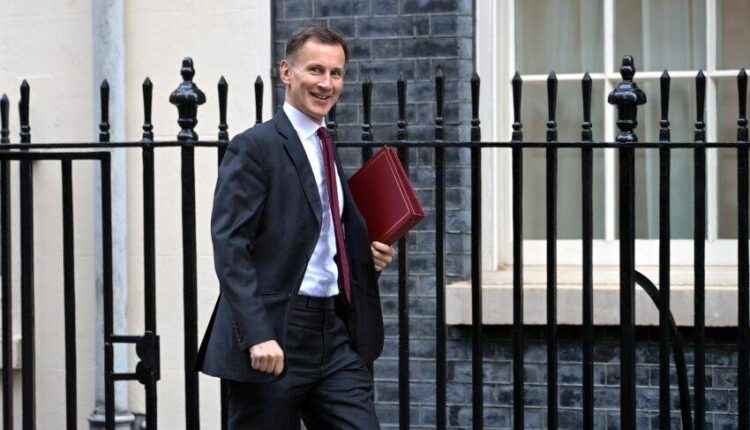More businesses expect taxes to rise rather than fall after the next general election, according to research from accountancy and business advisory firm BDO.
BDO surveyed more than 500 businesses ahead of the upcoming Autumn Statement and found that more than quarters of businesses expect to pay the same or higher taxes after the next general election.
The mood seems to have shifted from earlier this year when a similar BDO survey in July found that 61 per cent of businesses thought that the UK’s business tax environment would improve after a general election.
“There appears to be a growing — some might say grudging — acceptance among businesses that the current high levels of business taxation may be here to stay and could even rise post the general election,” said Jonathan Hickman, tax partner at BDO.
With tax cuts unlikely to be on the agenda at the Autumn Statement, survey respondents said that investment in HMRC service levels should be the chancellor’s top priority.
This came ahead of calls for simplifying tax rules and cutting government spending, according to the BDO survey.
When asked what tax changes the chancellor should introduce once economic conditions improve, the most popular call was for new green tax breaks. This came ahead of demands to cut the headline rate of corporation tax, to make the 100 per cent first year capital allowance permanent and to cut employers’ national insurance contributions.
Taxes remain at a decades-long high, with Treasury officials keen to make a dent in the UK’s substantial borrowing pile — already high before the pandemic but now sitting at multiples.
Despite the significant uptick in tax as a percentage of GDP, public services continue to decline in terms of performance and efficiency according to recent reports from the Institute for Government.

